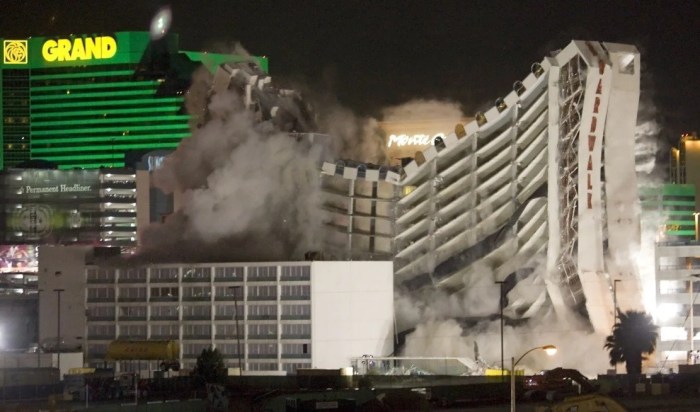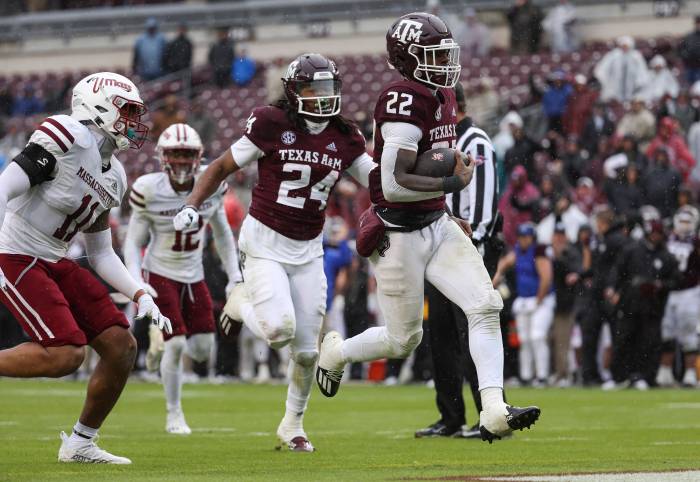Community Engagement
The city has been actively engaging the community in the planning process for the future of the former Tropicana Hotel site. Public hearings and community meetings have been held to gather feedback and address concerns from residents and businesses. The community’s input has been instrumental in shaping the development proposals and ensuring that the future of the site aligns with the needs and aspirations of the local community.
Timeline and Expectations
The redevelopment of the former Tropicana Hotel site is expected to be a long-term project. The city has set a timeline for the development process, which includes the selection of a developer, the approval of a development plan, and the construction of the new project.
The city expects the redevelopment to generate significant economic benefits, including new jobs, increased tourism, and revitalization of the surrounding area. The success of the project will depend on the city’s ability to attract investors, secure funding, and ensure that the development meets the needs of the community.
6. The Tropicana Implosion in Popular Culture
The implosion of the Tropicana Hotel in 1998 was a significant event that captured the attention of the public and left a lasting impression on the cultural landscape of Miami. The event transcended its status as a mere demolition, becoming a symbol of change, progress, and the ephemeral nature of the built environment.
The Tropicana implosion was a spectacle that resonated with the public imagination, leaving a lasting legacy in popular culture.
Media Representations
The Tropicana implosion has been referenced in various forms of media, reflecting its cultural significance.
- Movies:In the 2006 film “Miami Vice,” the Tropicana Hotel’s iconic neon sign is prominently displayed during a scene set in the 1980s, showcasing the hotel’s enduring presence in the city’s visual identity. The film captures the glamour and allure of Miami’s past, contrasting it with the gritty realities of the present.






